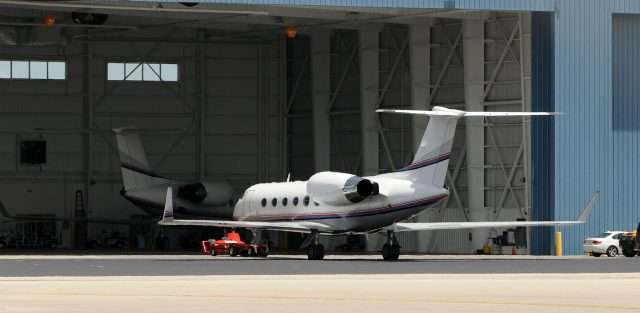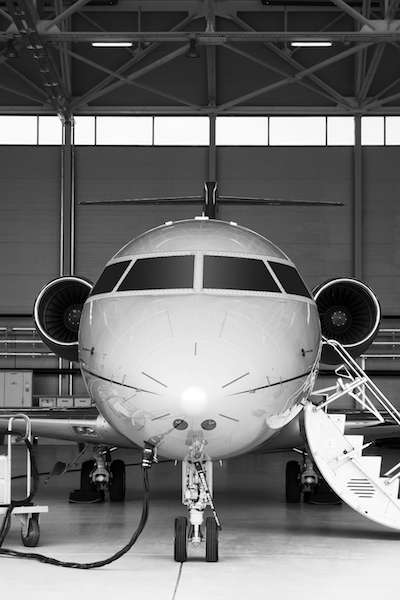
Part 91 vs 135 Aircraft Management: Which One Is Right for You?
Frequent users of business aviation are likely familiar with the terms Part 91 and Part 135 operations. These are the regulations established by the Federal Aviation Administration (FAA) that govern the use of civilian aircraft. If you own a private jet and are seeking an aircraft management company, you’ll need to decide which Part is best for you. Each set of regulations has its pros and cons. Basically, your decision will come down to whether you want to enter your aircraft into some form of commercial air service. This is a popular choice for airplane owners who want to offset the cost of ownership. If you do, you’ll need to adhere to the more restrictive Part 135, as this covers commercial operations where passengers pay for the privilege of flying aboard your aircraft. This also applies to flying cargo for a client. Part 91, on the other hand, is for non-commercial operations.
Why Are Part 135 Operations More Tightly Regulated?
Let’s say you have two people who each own a Citation CJ1 light jet. One of them flies hers for personal travel only, while the other lets an aircraft management 
- Aircraft
- Operating company
- Pilots
For instance, under Part 91, pilots can legally fly for as long as they want without taking a mandated break. It’s certainly not recommended, but that’s how the regulations work. Part 135, on the other hand, limits the number of consecutive hours a pilot can fly before requiring a break. Furthermore, they must rest for a set number of hours before resuming flight duty. There are other key differences between the two sets of regulations pertaining to:
- Maintenance
- Operational requirements
- Security
Part 91 Aircraft Management
If you intend on flying your aircraft solely for personal reasons, and you won’t be collecting compensation for transporting passengers or cargo, an aircraft management company can help ensure it meets all of the criteria for Part 91 operations, including:
- Aircraft maintenance
- Pilot hiring and training
- FAA compliance
Some firms will even assist you with travel planning.
- Monthly management fees
- Revenue split
- Insurance
- Crew training, salaries, benefits etc.
- Hangar and fuel costs
For more about choosing a jet management company, read our post: Buying a Private Jet: Considerations for the First-time Buyer. If you’re looking to simplify aircraft ownership, talk to Stratos Jet Management & Consulting. We offer a turnkey management style that includes manager evaluation, aircraft placement and reporting. Call us at (407) 657-5001.









